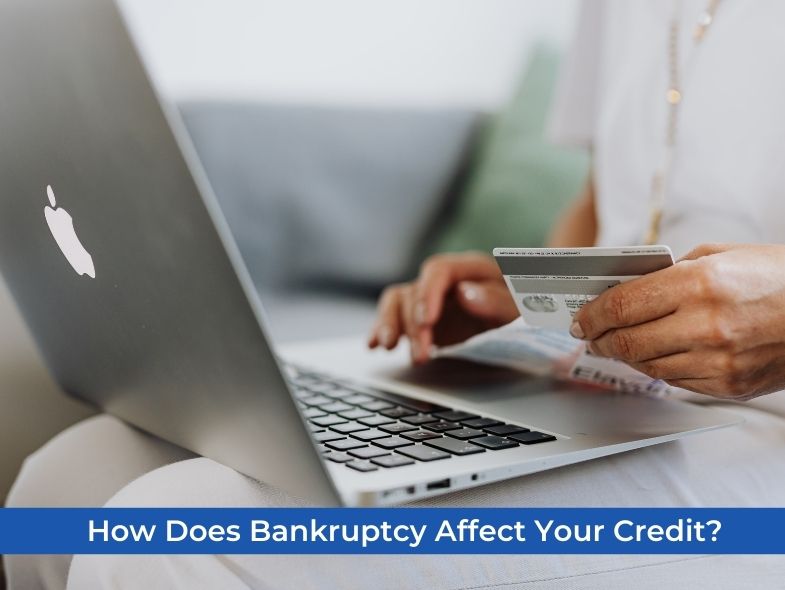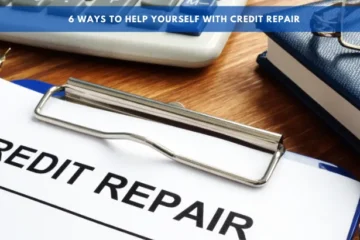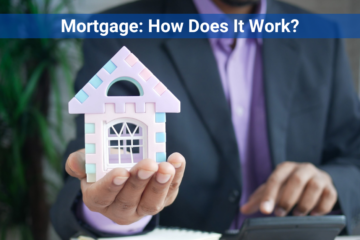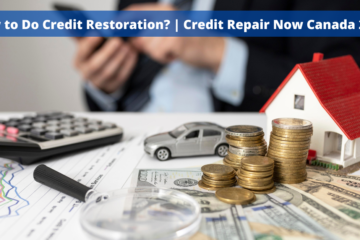If you’re having trouble paying off your debt, bankruptcy might seem a good way to start over. But before you file for bankruptcy, it’s important to know how bankruptcy affect your credit score and look into other ways to get out of debt.
How does Bankruptcy Work?
The legal process of bankruptcy enables individuals and businesses to discharge or reorganize their debts. As a rule, liquidation is documented in government court and can be wilful or compulsory.
Chapter 7 and Chapter 13 bankruptcy are the two most prevalent forms of personal bankruptcy. The sale of assets is a component of Chapter 7 bankruptcy, also called “liquidation” bankruptcy. In contrast, a “reorganization” bankruptcy known as Chapter 13 allows debtors to keep their assets while repaying their debts for three to five years.
In Canada, there are two main types of personal bankruptcy:
• Bankruptcy under Chapter 7
Chapter 7 bankruptcy, also known as a “straight” or “ordinary” bankruptcy, is a type of bankruptcy in which a trustee liquidates a person’s assets and uses the money to pay off debts. A primary residence, a vehicle, and personal possessions may be exempt from seizure. The debtor is relieved of any remaining unsecured debts and is no longer liable for their payment.
• Consumer Proposal
An alternative to bankruptcy, a consumer proposal allows a person to formally propose to their creditors to pay back a portion of their debts over time. The proposal must be approved by most of the debtor’s creditors and is typically made through a licensed insolvency trustee (LIT).
The standards and techniques for insolvency and purchaser proposition can change depending on the area or region where the liquidation is documented. A licensed insolvency trustee or another financial professional should be consulted to learn about your local regulations and requirements.
How does Bankruptcy Affect your Credit?
Your credit score can be significantly impacted by bankruptcy. In fact, declaring bankruptcy can remain on your credit report for as long as ten years. As a result, getting credit in the future may be more challenging for you, and the interest rates you pay may be higher.
It is essential to keep in mind that filing for bankruptcy will only have an effect on your credit score if you have credit accounts that are included in the bankruptcy.
Accounts that aren’t included will still appear on your credit report and can help you build credit over time.
Credit Repair after Bankruptcy
If you’re in Canada and have recently gone through bankruptcy, you may wonder how to repair your credit. Although bankruptcy can have a significant impact on your credit score, there are steps you can take to rebuild your credit over time.
Here are some tips for credit repair after bankruptcy in Canada:
• Obtain a secured credit card
Like in the US, obtaining a secured credit card is one of the best ways to rebuild your credit in Canada. You’ll need to provide a deposit used as collateral for the credit limit.
Using the card responsibly and making timely payments can demonstrate that you’re a responsible borrower and improve your credit score.
• Make timely payments
It’s crucial to make timely payments on all of your debts in Canada, whether it’s a credit card, loan, or other debt. Late payments can hurt your credit score, so it’s important to prioritize making on-time payments.
• Monitor your credit report
Just like in the US, it’s important to monitor your credit report in Canada after bankruptcy to ensure that it is accurate and up-to-date. You can get a free credit report from Equifax and TransUnion once a year, which will allow you to identify any errors or inaccuracies that may negatively impact your credit score.
• Avoid applying for new credit
While it may be tempting to apply for new credit in Canada after bankruptcy, it’s important to avoid doing so until you are financially stable and able to make timely payments. Applying for too much credit too soon after bankruptcy can be a red flag to lenders and may further damage your credit score.
• Seek professional help
If you’re struggling to rebuild your credit after bankruptcy in Canada, consider seeking professional help. A credit counsellor or financial advisor can provide guidance on credit repair strategies and help you develop a plan to improve your financial situation.
Rebuilding your credit after bankruptcy takes time and effort, but it is possible in Canada. By demonstrating responsible credit behaviour and seeking professional help, you can improve your credit score and regain your financial footing.
Alternative Debt Relief Options
While bankruptcy can be an effective debt relief strategy, it is not always the best choice.
There are a few elective choices that you can consider before declaring financial insolvency:
• Plans for Managing Debts
In a plan for managing debts, you and a credit counselling agency devise a strategy for repaying your debts. The organization will work with your banks to lessen your loan costs and expenses. Which can assist you with taking care of your obligations rapidly.
• Debt Consolidation
Debt consolidation is taking out a new loan to pay off your existing debts. This can make your payments easier and even lower your interest rate. Choose a reputable lender and pay attention to any fees.
• Debt Settlement
Debt settlement is negotiating a payment plan with your creditors to settle your debts for less than the full amount owed. If you have a large sum of money to pay off your debts, this could be a good option, but it could also hurt your credit score.
Conclusion:
Bankruptcy can be a helpful tool for debt relief, yet it’s not without its downsides. It’s important to know how debt relief can affect your credit score and look into other ways to get out of debt before you file for bankruptcy.
You might be able to find a solution to get back on track financially without the long-term consequences of bankruptcy.




